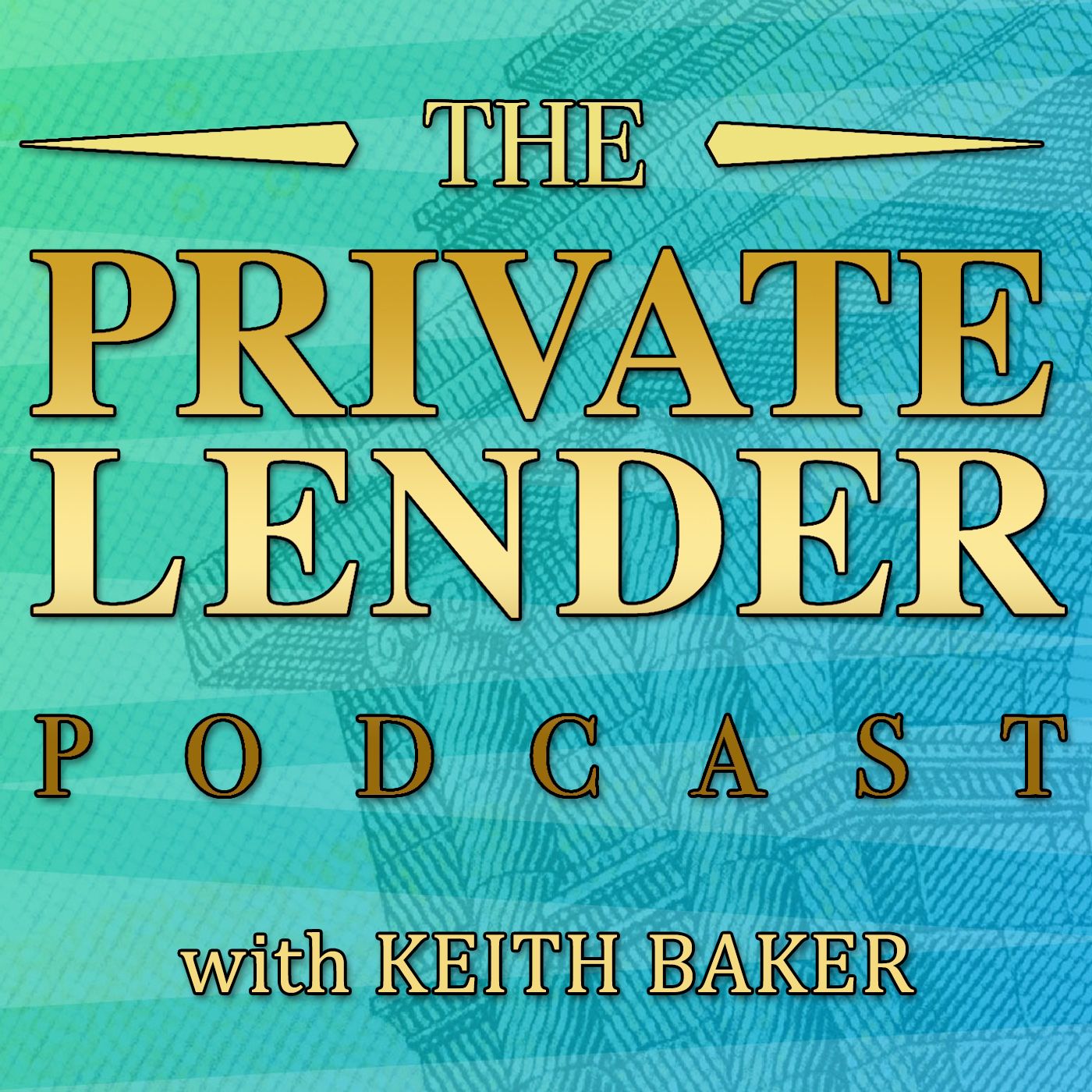PLP-050 Identifying And Avoiding Lender Scams

There are so many lender scams spreading through the internet that sometimes, you can’t even tell which ones are true and not. Suffice it to say, it has become easier to fall into these traps. The good thing is that you can learn some ways to avoid them. Learn the ways and means that you, as the borrower, won’t fall into any types of lending scams. Identify the red flags when it comes to offers and know where to put or give your money.
---
Listen to the podcast here:
Identifying And Avoiding Lender Scams
Lending scams, how many times do you go to Facebook or Instagram or on the BiggerPockets forum, sometimes I'll see complaints or lamentations about lending scams. We've all received the emails about the Nigerian prince or some rich uncle in the Middle East and you can get a cut of $5 million or whatever. You go to Facebook and you see, “I am a private lender or I'm a hard money lender and I can get you anything from $20,000 to $5 million, asset-based lending only,” and there's going to be like a Gmail or Hotmail account. Some of these people are legitimate. I used to do my lending out of a Yahoo account. The difference between me and this guy on Facebook, I was not advertising I could lend you millions of dollars. In fact, I wasn't even advertising. I wasn't putting it out there that I've got money to lend. If someone is going to get a broker a deal and get a commission on $5 million, even if it's only one point, that's enough money to where I'm thinking in my head. You can take that $50,000 and go to GoDaddy and get you a legitimate email address or a company URL and a company email address. You wouldn't rely on Yahoo or Hotmail, one of my favorite ones to see. Not necessarily a dead giveaway, but something to look at. It’s something to consider, especially if they're a hard money lender and they're using Hotmail or Gmail.
Some legitimate businesses do use that and I know some people that still do. However, they have websites. They have proper companies, insurance policies in place and employees and things like that. That’s something to look at. One of my favorites is that generic stock photo of somebody smiling and they're trying to play it off like it's themselves. It just reeks much like that email from the Nigerian prince. I don’t know if this is something that viscerally hits you and these are the obvious ones. You can tell that if it walks like a duck, it talks like a duck, smells like a duck, it probably is. That's a just a couple of examples. What I'd like to talk about are ways that you, the borrower, cannot get into any types of lending scams. Sometimes people get to the closing table and find out that their lenders have a piece of crap or all of a sudden are going to require something to where they've got you over the barrel. Banks have done this to people as well. I know it's errors and omissions or whatever or we forgot to get this, we have to get that. I get it. Some of it is legitimate, but sometimes there are crooks out there trying to lend money. There are also crooks out there who are trying to do houses and trying to buy it several times and borrow from other people at different times and get money and never repay it back. Buyer beware, lender beware and investor beware for sure.
One of the things that I recommend is that if a lender is asking you for fees upfront, that's a red flag. The only fees that you should be paying upfront are appraisal fees and perhaps a property inspection because that's a legitimate expense that is part of the loan. I require people to pay for those services and those documents. However, they don't pay me. They pay the appraiser. I don't get a cut of that. I have a panel of appraisers. You can choose one of these people talk to them and see which ones you like better but we're going to use my appraiser, if it's my money bottom line.